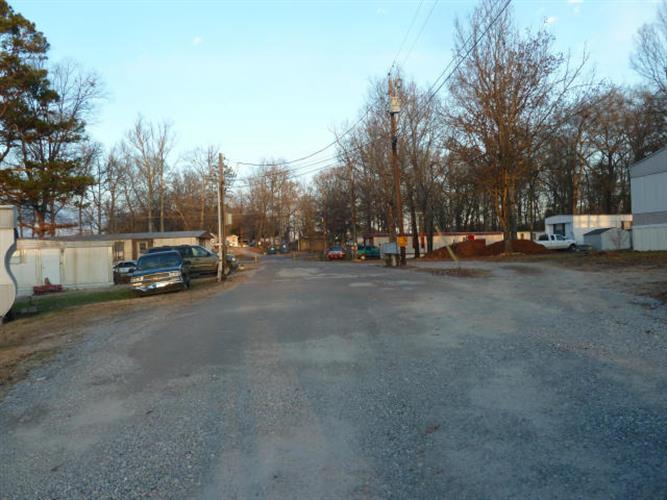I am looking at a 56 unit park with 50 mobile home pads of which 3 are POH.
3 tiny homes and 3 rv spaces.
3 lots are free rent because they handle the trash, and landscaping
Average lot rent is 200. It is almost 100% occupied. Many tenants have been at the park for 15-20+ years. Market rent is around 225-240. I want to raise rents Jan 1 to 225. I also want to start charging for water.
It is in a rural area but the metro is strong. Closest city is around 6 miles and has a population of 25k and median house price of 125k. The median household income is 45k.
If I look at the metro the numbers are a population of 700k, median house price of 125k, and household income of 42k.
Excluding tiny home or rv space rent, I have came up with a price of 676800 at a 10 cap. 47 pads20012*.60.
The bad is that its on well and septic. The owner lives next door and the well is on his property but he is willing to give an easement for the well use. Public water is available across the street but I am not sure of the hookup fee.
Park has gravel roads, trees, and some homes that do not look that great. Some decks are in bad shape and some skirting is damaged or not up.
and some homes that do not look that great. Some decks are in bad shape and some skirting is damaged or not up.
Price I have negotiated and about to put under contract is 575k and will have to get bank financing.
Any potential issues that I should look out for? I plan on having plumbing, electrical, inspections and a phase 1.
I am not thrilled about well water but worst case I can switch to public water. What about the electric poles with 4 or more meters on them? Is this a common setup? I assume that the landlord is responsible for the pole that the meters are on and also for the underground wire ran to the mobile home.
Below is a picture of how the electric is ran. I will try to get a better picture in a few days.
Any issues with charging for private well water? like 10 or 20 a pad.
Any advice would be appreciated.
Thanks